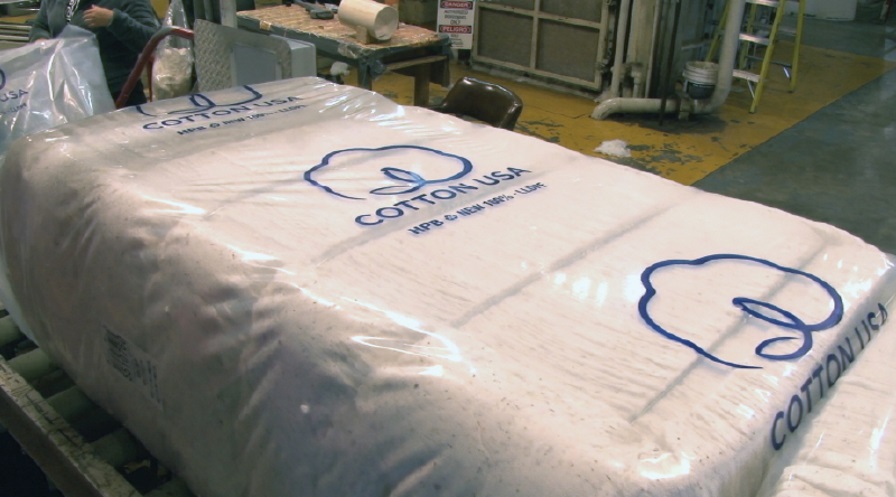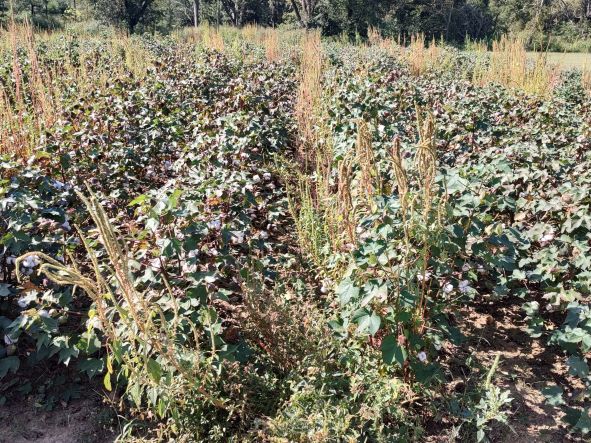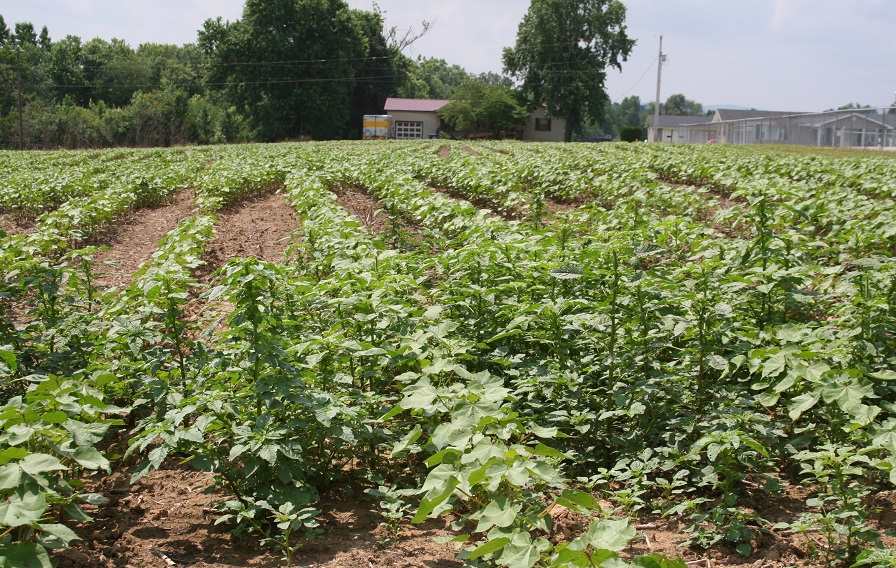NCC Commends Timely Implementation of STAX for Cotton
The National Cotton Council (NCC) commended USDA’s Risk Management Agency (RMA) following the announcement that the Stacked Income Protection Plan (STAX) will be available to upland cotton producers through the federal crop insurance program beginning with the 2015 crop year.
NCC Chairman Wally Darneille said, “We appreciate RMA’s timely implementation of STAX and for making it available for upland cotton in all counties where federal crop insurance coverage for upland cotton is currently offered. This will provide our nation’s cotton farmers with a solid risk management mechanism so they can continue producing safe, abundant, and affordable food and fiber.”
In making the announcement, USDA said it wanted to make as much information available now to assist with farmers’ risk management planning. STAX is one of several new risk management options created by the 2014 farm law that will help protect farmers from events beyond their control such as weather disasters.
STAX is an area-based revenue policy that may be purchased on its own or in conjunction with another companion upland cotton crop insurance policy. As a general matter, STAX may begin paying when revenue drops below 90 percent of the expected revenue for the area, and a full indemnity may be payable when area revenue falls below 70 percent of the expected level.
The amount of actual coverage and indemnity received by a producer will depend on the producer’s choice of a trigger yield, coverage range and other elections made under the STAX and companion policy.
Producers may not cover the same acres in both STAX and the new Supplemental Coverage Option. STAX will offer practice-specific irrigated and non-irrigated coverage as data are available.
Producers should consult with their crop insurance agents to find the coverage that best suits their needs.
Information on STAX for 2015 crop year is available on the RMA website.
Source – National Cotton Council








